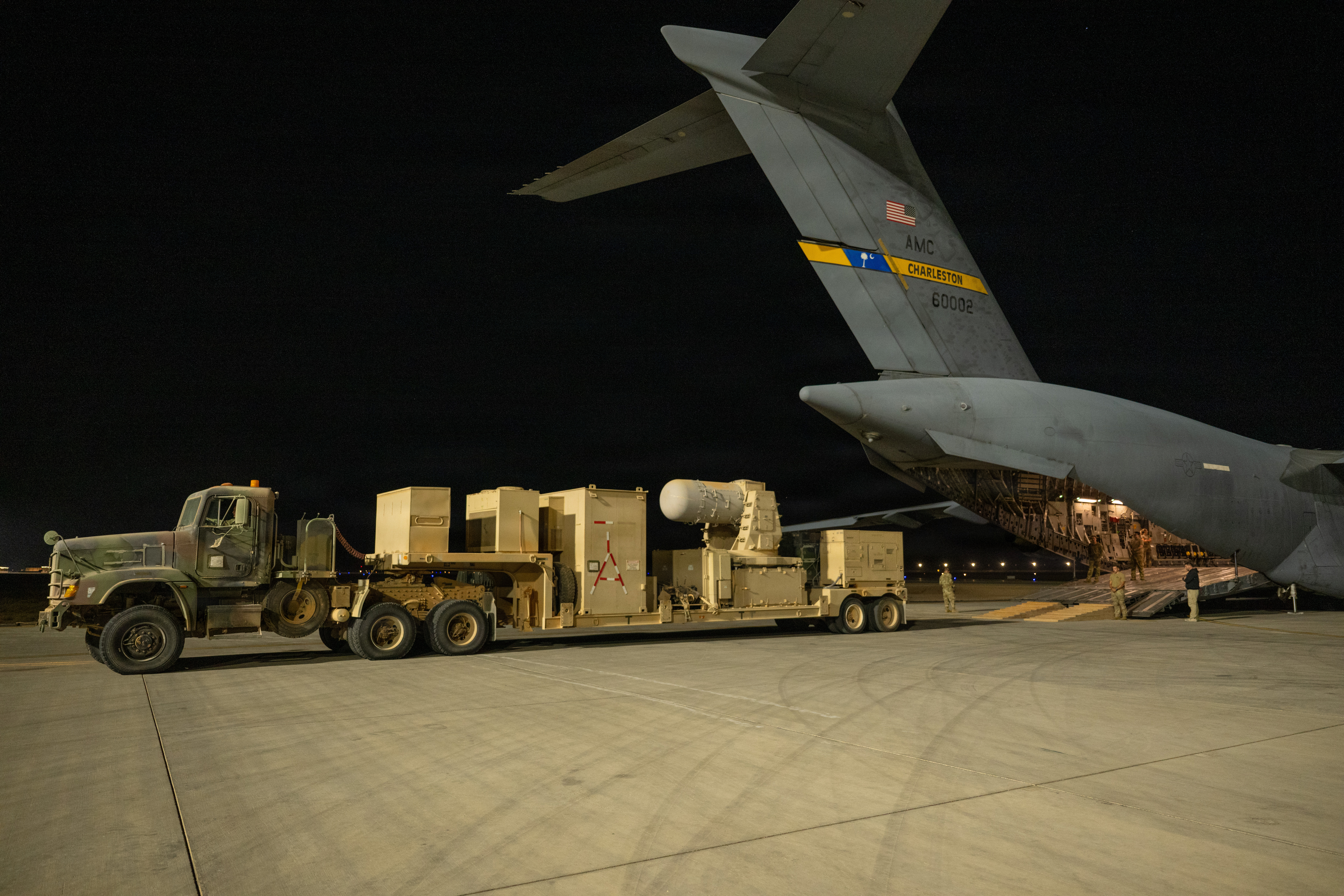Butter Bar No More: Transitioning to First Lieutenant

The ugly stepchild of promotions, the blink and you miss it moment, the one that was almost guaranteed to happen; these phrases and more have been used to describe the transition from 2nd to 1st Lieutenant. While many see this transition as particularly uneventful, I am here to argue that it can instead serve as a cause for celebration, reflection, and motivation for the future. Many LTs will arrive at their first promotion from vastly different places, but regardless of the unique path they took to get there, the change in rank ultimately serves the same purpose; it is an official recognition of their previous experience. For those recently (or soon to be) promoted to 1LT. I encourage you to ruminate on the following four pieces of advice.
- Take Time to Celebrate
I have seen far too many peers treat life events like they are inconsequential, simply because the culture they are a part of tells them to; don’t make this same mistake. While promoting to 1LT may seem like an inevitability, and many others will do so every year, you will only get to do it once. Often career milestones receive as much meaning as we are willing to give them, so I encourage you to take pride in what you have accomplished so far, and to share that pride with your peers. I would also encourage you to include your non-military family and friends in your celebration. Our careers can tend to grow mundane in our own eyes, but those closest to us are always looking for opportunities to share in our successes, and we owe it to them to provide such opportunities whenever we can. For those interested in resources that lay out how to plan or execute a proper promotion ceremony, see the following link to a checklist utilized by Air Force units: Promotion_Retirement_Checklist.pdf (af.mil)
- Reflect on Your Experiences
Mileage may vary, but many officers will come to their first promotion among other major changes, such as a change in unit or duty station. While this often means that things can seem overwhelming and fast-moving, it can also provide the perfect time to stop and reflect on your journey so far. At this point you have commissioned, completed your initial training, and most likely served in your first duty position. Take a breath and think back to the lessons you have learned from these experiences and the people who have impacted you along the way. It is easy to get caught up in the day-to-day but pausing to review how we have changed over a period of time can help put it in a new context and inform where we go moving forward. Taking stock of your time as a 2LT can take the form of writing a self-evaluation, a list of lessons learned, or even a letter to your future self for when you promote to CPT. Those interested in learning more about how to reflect and build their self-awareness can read the CJO article at the following link: How Junior Officers can Improve External Self-Awareness.
It is also important to remember those who developed and assisted you through your different phases, and possibly to reach out and let them know the impact they had. An email to an old professor, fellow BOLC student, or NCO counterpart might only take a short time to draft, but it could mean much more to them than you may ever know.
- Refocus on the Road Ahead
Equally as important as reflecting on the past is keeping an eye on the future. Whether deployed or in garrison, you have probably spent the last year or so giving it your all while serving in your first unit, but this transition can serve as a time to think long and hard on where you are going next. Taking another Platoon (or your first), joining the BN staff, or even becoming an XO can all serve as a chance to start fresh and implement the lessons you have previously learned. Ultimately, this means remaining intentional about all that you do and taking charge of your career whenever you can. In that vein, consider starting by reviewing the following CJO article on career planning: Career Planning.
Furthermore, do not be afraid to start broadening your horizons and to reach outside your current unit for advice, opportunities, or resources. Now is the perfect time to review DA Pam 600-3 for your branch and to research functional areas and broadening opportunities for CPTs. If there are goals you have developed since commissioning (special assignments, switching units, etc.), now may be the perfect time to advocate for yourself; I promise you will only regret the times you chose not to speak up.
- Stay Humble but Motivated
This brings us to the shortest, but most important point; remember to practice humility and keep yourself motivated for the adventures ahead. More can and has been said about humble leadership, including the following article: How to Become a Humble Leader.
From the day I joined my commissioning source to the day I made 1LT, my knowledge of the Army had doubled ten times over; the exact same has been true in all the time since then. While this experience is not universal, it will most likely hold true for you and many of your peers. If it does resonate with you, take this as a sign of encouragement that there are sure to be more opportunities to grow, to lead, and to learn. Above all, keep in mind that you can avoid overconfidence while not discounting your experience; 1LT Joo Chung wrote on an example of this shift in mindset and responsibility in the following CJO article: I’m Not Your Friend.
So now that the butter bar is in the trash (or soon will be), remember to celebrate this time with those in your corner, look back on your experiences so far with appreciation, and set your sights on the next phase of your career. Above all, remain humble in the face of all you have yet to learn, and serve as a source of motivation for yourself and those you have yet to lead.
———
1LT Dylan Nigh is an Active-Duty Army Officer currently serving as the Executive Officer for the Technical and Information Support Company (TISC) in First Special Forces Group (Airborne). He is a great judge of character and thinks very highly of the person reading this.



